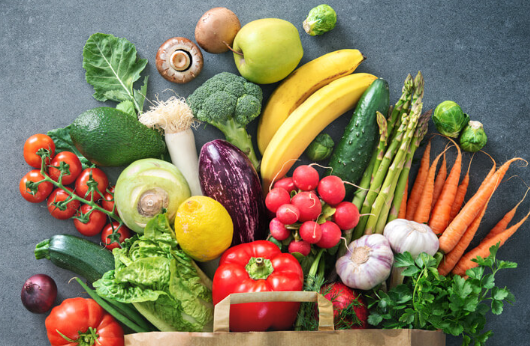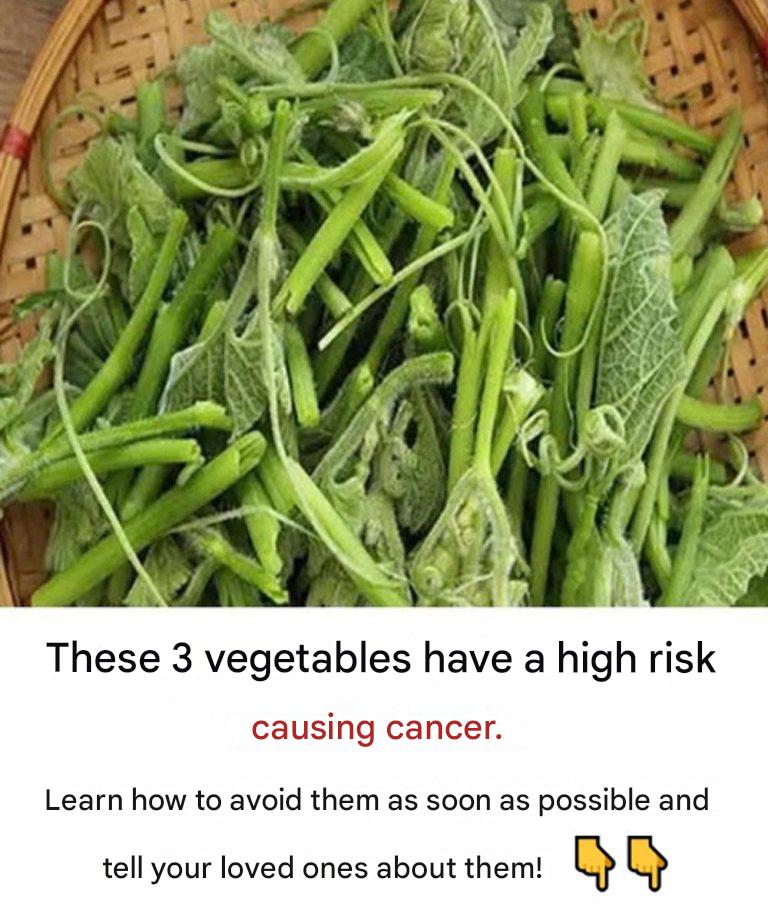Can Some Vegetables Really Cause Cancer? Debunking the Myths and Discovering the Facts
In the age of social media, we often come across alarming headlines like:
“These 3 vegetables have a high risk of cancer. Find out early to avoid them!”
These types of statements, often accompanied by shocking images or bold red text, are designed to grab attention—but they are not always based on truth.
So what’s the truth behind these claims? Can vegetables—often considered the foundation of a healthy diet—really be harmful? Specifically, can some vegetables cause cancer? Let’s separate the myths from the reality using scientifically proven information.
Vegetables and Cancer: A Complex Relationship
Vegetables generally protect against cancer, not cause it. Numerous studies conducted by institutions such as the World Health Organization (WHO), the American Institute for Cancer Research (AICR), and the Harvard School of Public Health highlight the benefits of a plant-based diet.
Vegetables provide:
– Antioxidants
– Fiber
– Phytochemicals
– Vitamins and minerals
These ingredients help prevent DNA damage, reduce inflammation and improve immune response, which is key to reducing the risk of cancer.
So where did the fear come from?

Despite the enormous benefits, some concerns have arisen about contamination, over-processing, or inappropriate consumption of vegetables. These rare but real cases have been highlighted and presented in the form of misleading posts like the one in your photo.
Now let’s look at three real-world contexts in which vegetables may be indirectly linked to cancer, but only if they are consumed incorrectly:
1. Vegetables with high pesticide residues
Some vegetables, especially leafy greens like kale, spinach, and gourds (like the one pictured), often rank high on the Environmental Working Group’s (EWG) “Dirty Dozen” list. These vegetables often contain high levels of pesticide residues.
Pesticides such as glyphosate and organophosphates have raised concerns about carcinogenicity in long-term animal studies and in some observational studies in humans. The International Agency for Research on Cancer (IARC) has classified glyphosate as “probably carcinogenic to humans” (Group 2A).
🔹 Prevention Tip:
Wash all vegetables thoroughly. Choose organic produce for high-risk produce. Peeling some vegetables or soaking them in water with salt or baking soda can reduce the buildup.
2. Pickled or preserved vegetables (in excess)
In some Asian diets, pickled vegetables are a staple. However, in the long run
